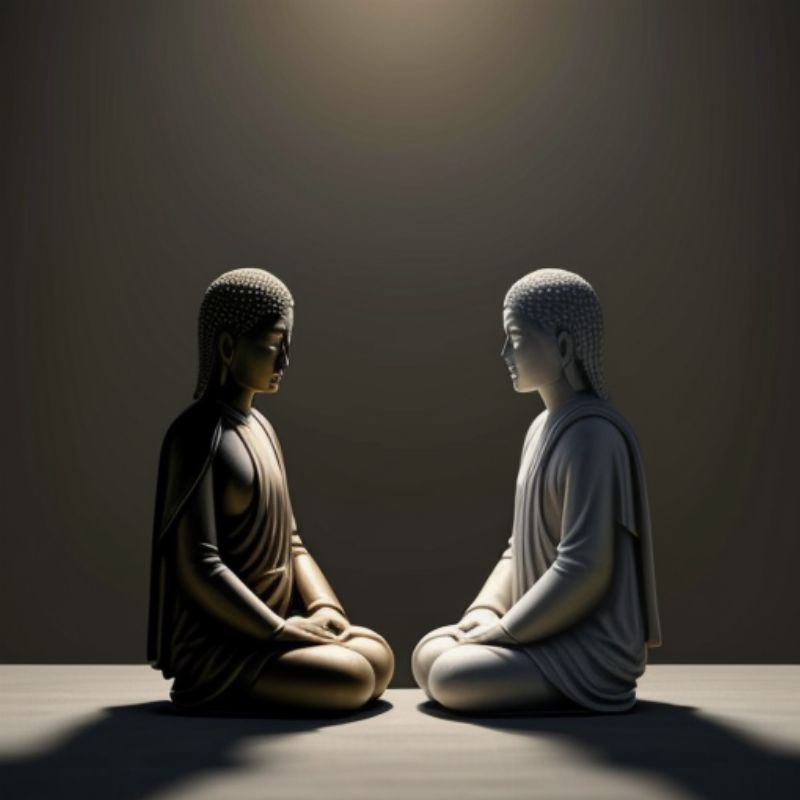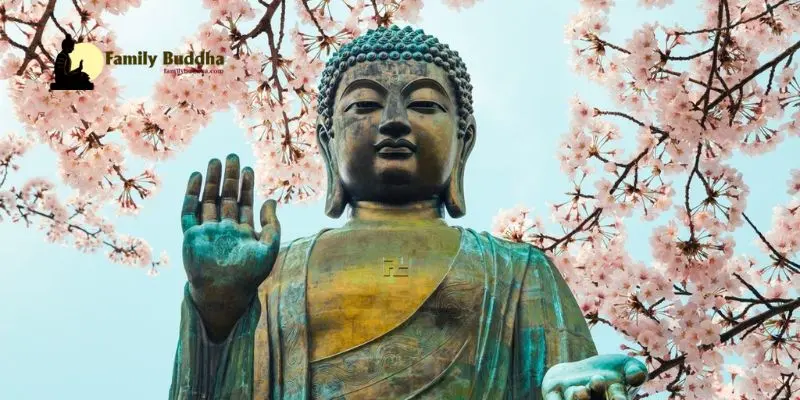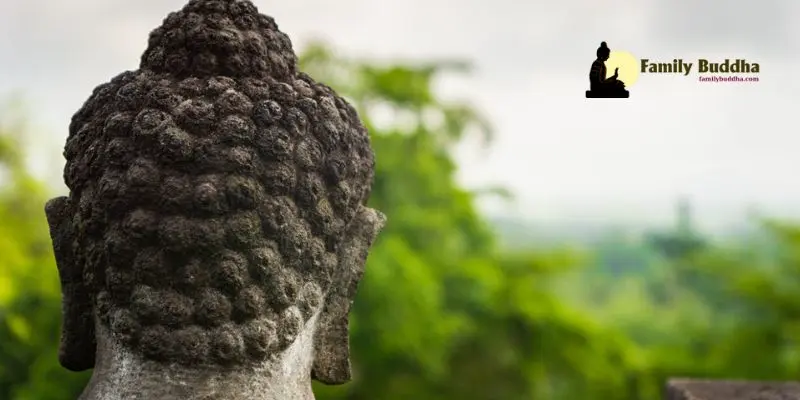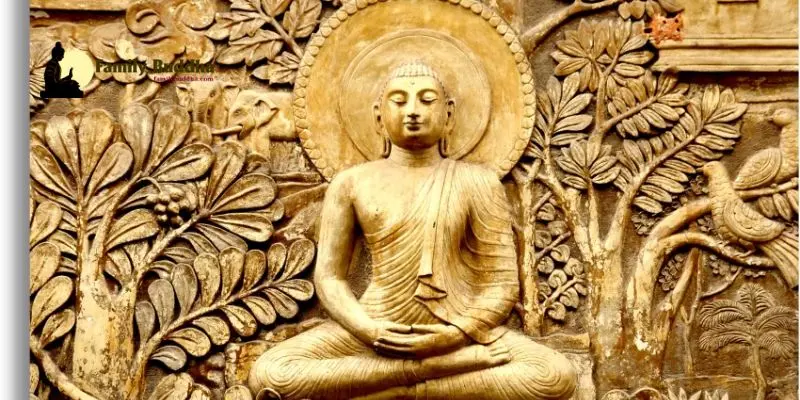“Đi một ngày đàng, học một sàng khôn” – This Vietnamese proverb, meaning “Travel a day, learn a basket of wisdom,” speaks to the human urge to seek knowledge and understanding from diverse sources. In the realm of spirituality, this exploration often leads individuals to question, compare, and sometimes even blend different traditions. One such intersection that sparks curiosity and debate is the possibility of being both a Christian and a Buddhist. Can these two seemingly distinct paths converge, or do their core beliefs inherently clash?
Can You Be a Christian Buddhist? Unpacking the Complexities
The question of whether one can identify as both a Christian and a Buddhist is not a simple “yes” or “no” answer. It hinges on a nuanced understanding of what defines each faith and how an individual chooses to integrate their beliefs.
Core Tenets: Where Similarities and Differences Reside
Similarities:
- Compassion and Love: Both Christianity and Buddhism emphasize compassion, love, and kindness as core values. Jesus’s teachings on loving your neighbor and the Buddha’s emphasis on “Metta” (loving-kindness) highlight this shared ethical foundation.
- Forgiveness and Reconciliation: Both traditions value forgiveness and encourage followers to let go of anger and resentment.
- Importance of Mind and Spirit: While Christianity focuses on the soul, and Buddhism on the mind, both acknowledge the significance of the inner life and the pursuit of spiritual growth.
Differences:
- Concept of God: A fundamental difference lies in the understanding of a divine being. Christianity centers around a personal God who created the universe and intervenes in human affairs. Buddhism, however, is non-theistic, focusing on achieving enlightenment through one’s own efforts and understanding of the nature of reality.
- Salvation: Christians believe in salvation through faith in Jesus Christ and his sacrifice. Buddhists, on the other hand, aim for liberation from suffering through the path of enlightenment.
- Scripture and Authority: Christianity relies heavily on the Bible as the divinely inspired word of God. Buddhism draws wisdom from a vast collection of scriptures and teachings, but emphasizes personal experience and insight as the ultimate authority.
Perspectives on Compatibility: A Spectrum of Views
Given these fundamental differences, opinions on Christian Buddhism vary:
- Exclusive Adherence: Some argue that the core tenets are irreconcilable, requiring a choice between one faith or the other.
- Selective Integration: Others see the possibility of adopting certain Buddhist practices, like meditation, as a way to enhance their Christian faith, without compromising their belief in Jesus as the savior.
- Unified Path: A smaller group identifies as “Christian Buddhists,” believing they can embrace the core values and practices of both traditions, finding common ground in their shared emphasis on love, compassion, and spiritual transformation.
Navigating the Intersection: A Personal Journey
Ultimately, the decision of whether to identify as a Christian Buddhist is a deeply personal one. It necessitates a thorough exploration of both traditions, honest self-reflection, and a willingness to grapple with the complexities and potential contradictions.
 Christian Buddhist Meditation
Christian Buddhist Meditation
Frequently Asked Questions about Christian Buddhism
The idea of blending Christianity and Buddhism often raises questions. Here are some common inquiries:
1. Is it disrespectful to either religion to identify as both a Christian and a Buddhist?
Respect is crucial. Those exploring both traditions should approach each with genuine curiosity and reverence. However, individuals within both Christianity and Buddhism may hold diverse views on the compatibility of the two faiths.
2. Can I still believe in Jesus and practice Buddhist meditation?
Some Christians find that Buddhist meditation practices, particularly mindfulness meditation, complement their faith and enhance their spiritual life. They view it as a way to connect more deeply with their inner selves and with God.
3. Are there any official Christian Buddhist denominations?
There are no widely recognized official denominations that formally combine Christianity and Buddhism. The movement remains largely individualistic, with people finding their own ways to synthesize the two.
4. What do religious scholars say about Christian Buddhism?
Scholarly opinions vary. Some scholars, like Vietnamese religious studies professor Dr. Nguyễn Xuân Hoa in her book “Bridging the Divide: Explorations in Interfaith Dialogue,” emphasize the potential for interfaith understanding and dialogue. Others, however, express concerns about the theological challenges of reconciling the core doctrines of each faith.
 Christianity and Buddhism Dialogue
Christianity and Buddhism Dialogue
The Ongoing Search for Meaning and Connection
“Nước chảy đá mòn” – meaning “Water dripping on a rock will eventually wear it away” – reminds us that even seemingly opposing forces can find common ground over time. The exploration of Christian Buddhism, while complex and nuanced, reflects the human desire to find meaning, purpose, and connection in a world often filled with uncertainty. Whether one chooses to embrace one tradition, blend elements of both, or simply engage in respectful dialogue, the journey itself can lead to greater understanding, compassion, and spiritual growth.
 Buddhist and Christian Symbolism
Buddhist and Christian Symbolism









